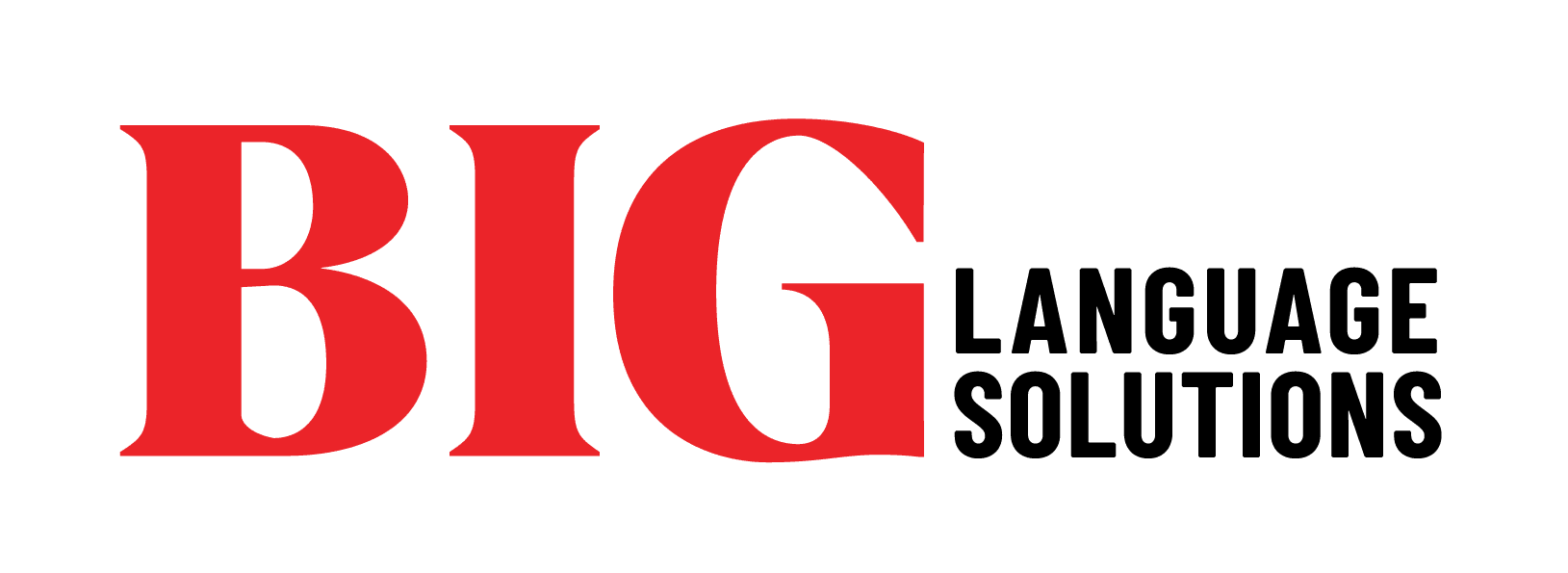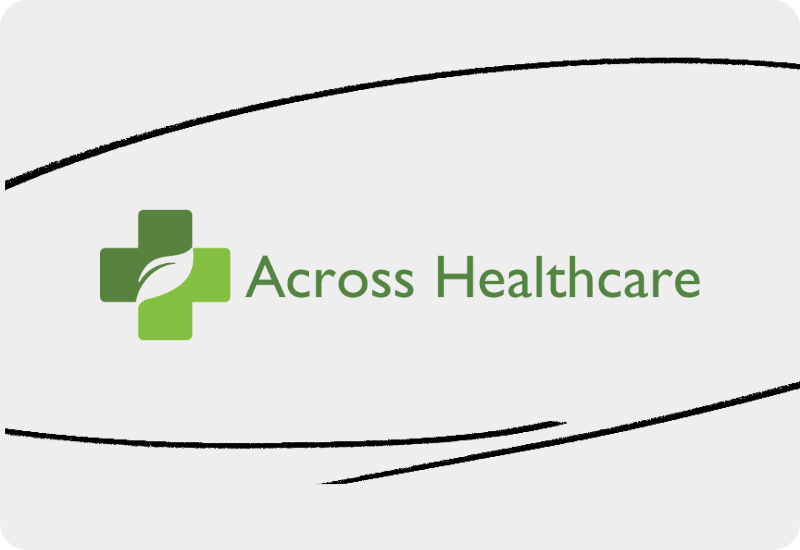Among the many layers of the Affordable Care Act (ACA) was the provision known as Section 1557. While companies generally strive to not be discriminatory in the access they offer to healthcare patients, this law offers clear guidance for companies to ensure that they always offer equal care to the people they serve, regardless of “race, color, language, national origin, disability, sex, sexual orientation, sex stereotyping, sexual identity, and age.”
Getting to Know Section 1557
Based on a variety of past precedents, including parts of the Americans with Disabilities Act (ADA) and the Civil Rights Act, Section 1557 is a guarantee to non-discriminatory treatment within the healthcare system and related companies. One particularly important component of Section 1557 is Meaningful Access for Individuals With Limited English Proficiency (LEP). The heart of this component is the requirement that no person who has limited English proficiency will be denied access to “reasonable steps” to understanding the healthcare-related information they need. These steps are flexible and depend on the context but can include translation services or oral interpretation in person or over the phone. Entities are encouraged to create a “Language Access Plan,” which will determine the steps taken in any circumstance in which a patient or client expresses a need for translation or interpretation services. This helps the member or patient better understand their treatment or healthcare plans, coverage, and more.
Another important component of this law is the fact that unqualified or underqualified translators or interpreters should not be the ones communicating with a patient with LEP. Instead, someone with a demonstrated proficiency, either onsite or offsite, should be offering translation/interpretation services.
What Does 1557 Compliance Look Like?
Some major responsibilities of healthcare providers or other medical-related entities include:
- Posting signs that clearly advertise the availability of translation or interpretation services. This can be through “taglines” in various documents and through prominently-posted notices in the patient or member waiting area, as well as sign-in areas.
- In general, having a plan for how you will provide interpretation or translation services to the individual, including a contract with a reputable provider of language services.
- Accessible procedures for filing grievances if a patient feels they were not offered the translation/interpretation services they needed.
What This Means for Medical, Health, and Insurance Companies
Typically, there may be a qualified bilingual or multilingual person employed at a medical, health, or insurance company who is expected to act as an interpreter in cases of clients with Limited English Proficiency. Section 1557 spells out clearly that these people need to be truly qualified, proficient in the language, and know the specialized vocabulary necessary to provide the patient context. When no one onsite is available, especially for a less-commonly-spoken language, this means a contract with a qualified language service provider or a customized language solution that fits with the needs of both the company and the patient is required to be provided for 1557 compliance. One important component of your company’s Language Access Plan should be a consideration that some individuals will prefer in-person, Video Remote Interpreting, or phone interpretation. The patient’s modality preference may affect their ability to receive meaningful healthcare information if not provided.
How ISI Can Help
ISI Language Solutions can be a partner for Section 1557 Compliance for your company. We specialize in creating Language Access Plans, multilingual “taglines,” assessment of interpreters and bilingual staff, translation of vital documents, as well as onsite and over-the-phone interpretation. These components of your plan can be personalized to the needs your company faces every day, as well as the rare-but-possible contexts where someone may be in need of language assistance in a language of lesser diffusion. Contact us today at [email protected] and we can help you to identify organizational blind spots and create action plans to meet those needs, whilst being compliant with Section 1557. We look forward to hearing from you today.





